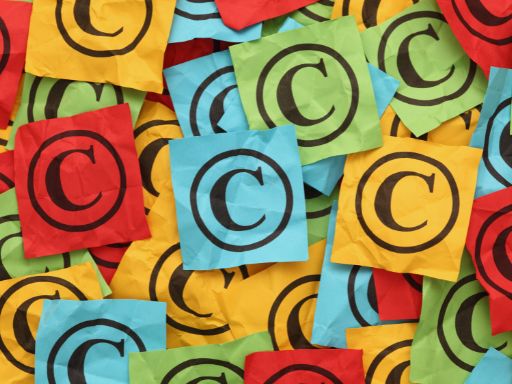The U.S. Copyright Office recently published a report that breaks down where copyright registrations are happening across the country. Spoiler alert: each region has its own creative fingerprint where copyright registrations are concerned, showcasing what makes them different from other regions.
The Interconnection between Culture and Copyright
Unsurprisingly, a big chunk of registrations come from a few major cities: New York, LA, Philadelphia, Washington, D.C., and Chicago. These places are not just big names; they are cultural hubs contributing to a ton of creative output. The vibrant arts scenes, networking opportunities, and resources available in these cities are major reasons why so many people are registering their work there. The varying regional culture is also reflective of the type of work people and companies are publishing and registering.
Different regions are also known for different creative vibes. For instance, the South is all about the rich musical heritage. Head up to the Northeast and you will find it is a hotspot for literary works. And, of course, California is the go-to for everything film and entertainment. These regional specialties not only highlight the diversity of American creativity, but also inform on the types of works for which copyrights are registered.
This report shows how each region has its own strengths and natural culture, which is reflected in the types of copyrights they register. It is about the unique cultural flavors that each region brings to the table. Recognizing these patterns can empower local creators by helping them harness their regional strengths. When you have a clear picture of how copyright works vary by region, you are equipped to make informed decisions.
Whether you are aiming to work in a particular industry, design targeted support, or craft specific laws, it is crucial to understand how each region’s copyright registrations reflect its unique creative landscape. Understanding this geographic breakdown can help policymakers and educators spot growth areas and better support workers and students of the industry.
